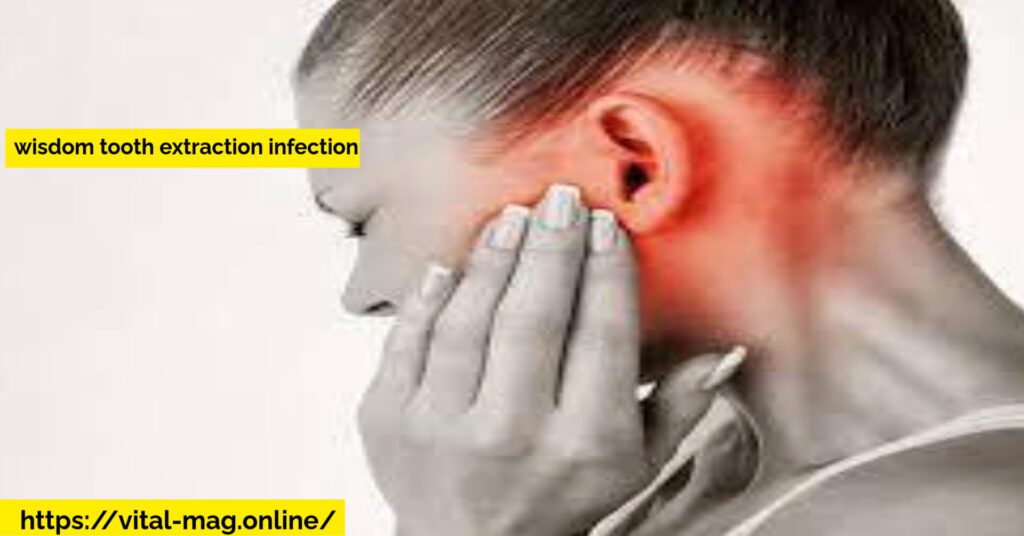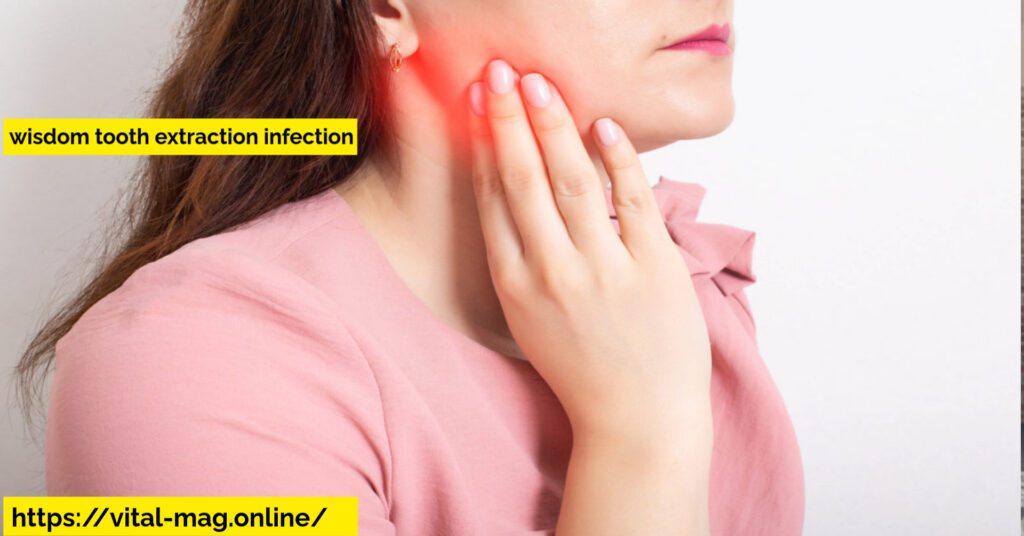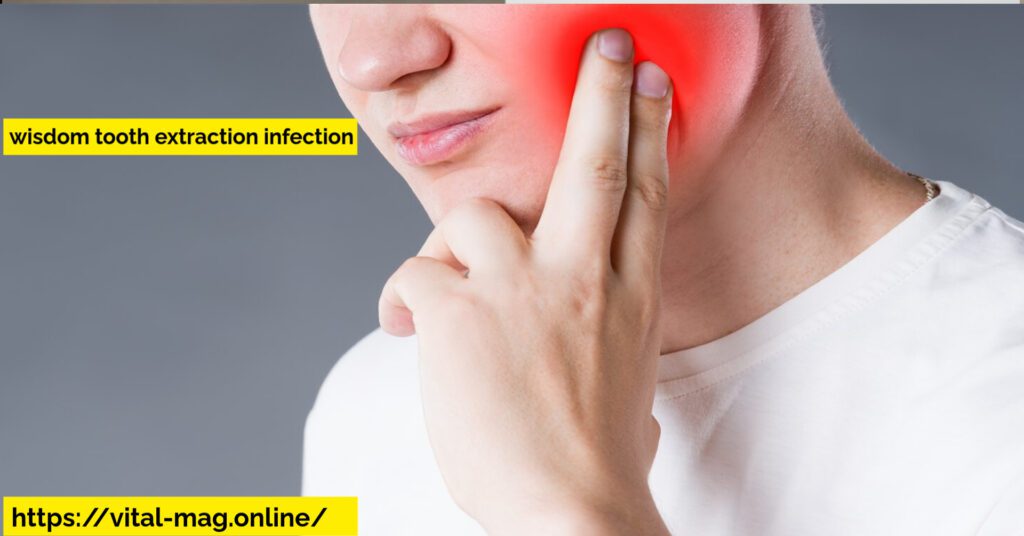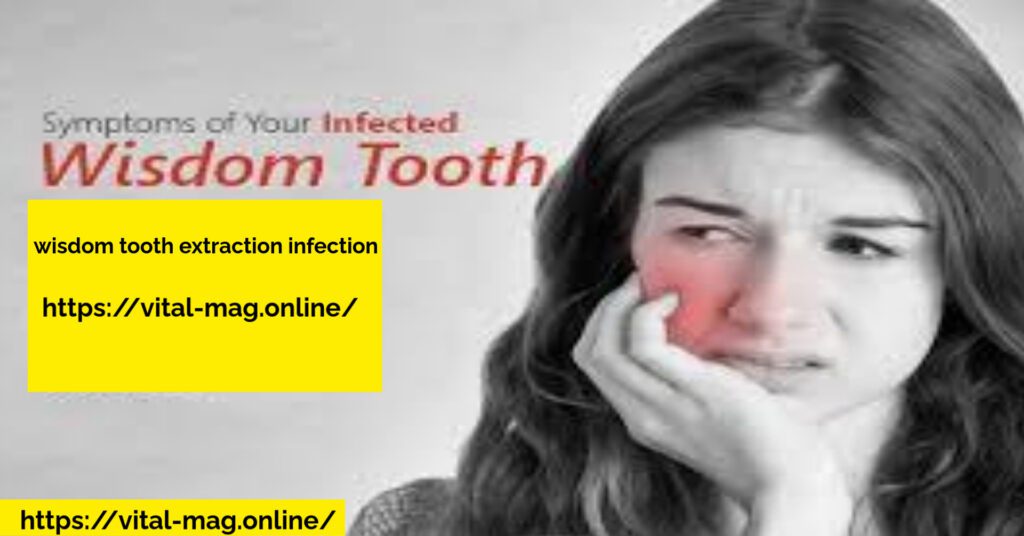introduction
So, you’ve just had your wisdom teeth out, and now you’re worried about infection. I totally get it! Infection after wisdom teeth removal can be a big concern, but don’t fret. Understanding the signs, symptoms, and how to prevent issues can help ensure your recovery goes smoothly. Let’s dive into everything I wish I’d known when I went through this!
- Importance of understanding post-operative infections
- Common signs and symptoms to keep an eye on
- Preventative measures for a quick recovery
Key Points
| Key Concept | Details |
| Definition of infection after extraction | What it means and why it happens |
| Common risk factors | Factors that increase the likelihood of infection |
| Importance of timely medical intervention | Why catching an infection early is crucial |
| Preventative strategies | Tips to minimize the risk of infection |
What is an Infection After Wisdom Teeth Removal?

Okay, so what exactly is an infection after wisdom teeth removal? It’s when bacteria sneak into the open wound left from the extraction, leading to some pretty uncomfortable symptoms.
- Possible causes can include leftover food particles, poor oral hygiene, or just bad luck!
- Recognizing infection early is key to getting back on track quickly.
Signs and Symptoms of Infection
Let’s talk about the signs of infection. Here’s a quick list of symptoms I kept in mind:
| Signs of Infection | What to Look For |
| Increased swelling | Swelling that doesn’t go down after a few days |
| Persistent pain | Pain that just won’t quit |
| Fever or chills | Feeling unusually hot or cold |
| Bad taste in mouth | An odd or foul taste that lingers |
| Difficulty swallowing | Struggling to eat or drink |
If any of these symptoms pop up and seem worse after a couple of days, I’d definitely call my dentist.

Risk Factors for Infection
Some things can make me more likely to deal with an infection. Here are a few risk factors I learned about:
- Poor oral hygiene: Not keeping my mouth clean can lead to bacteria thriving.
- Pre-existing health conditions: Conditions like diabetes can slow healing.
- Complicated extraction scenarios: If my extraction was tricky, it might take longer to heal.
Preventative Measures to Avoid Infection
I always want to do what I can to prevent infections, especially after a procedure. Maintain excellent oral hygiene: Gently brush and rinse with warm saltwater.
- Stick to soft foods: Avoid anything that could irritate the extraction site.
- Say no to smoking: Smoking after surgery can seriously mess with healing.
Treatment Options for Infection
If I do end up with an infection, knowing my treatment options is a relief:
| Treatment Options | When to Use Them |
| Antibiotics | If my dentist prescribes them to fight bacteria |
| Surgical interventions | In severe cases where drainage might be needed |
| Pain management | Using over-the-counter meds for relief |
Home Remedies and Care Tips
Home care is super important, too!
- Gentle rinsing: Use saltwater to rinse without irritating the wound.
- Cold compress: Helps manage swelling and pain—definitely a lifesaver!
- Stay hydrated: Drinking plenty of water supports my healing process.
Importance of Follow-Up Appointments
Don’t skip those follow-up visits! They’re crucial for monitoring recovery. Here’s what I learned:
| Follow-Up Details | What to Expect |
| Regular check-ins | My dentist will check how well I’m healing |
| Address concerns | I can ask any questions or share worries I have |
When to Contact Your Dentist or Oral Surgeon
Sometimes, you need to reach out for help. Here’s when I’d definitely call my dentist:
- Fever or swelling that’s getting worse
- Any unusual discharge or symptoms
Communication is key to making sure everything goes well!

Complications from Untreated Infections
Ignoring an infection can lead to some serious problems, such as:
| Complications | What Could Happen |
| Spread of infection | It could move to other parts of my body |
| Prolonged pain | The discomfort might last way longer than necessary |
| Delayed healing | My recovery could take much longer |
Getting treated promptly is really important to avoid these complications.
Lifestyle Adjustments for Quick Recovery
Making a few changes to my daily routine can support healing. Here’s what I did:
- Prioritize rest: I made sure to take it easy for a bit.
- Stay hydrated: Drinking plenty of fluids helped a ton!
Long-Term Oral Care Post-Extraction
Once I’m healed, keeping my mouth in good shape is a priority. Here are some best practices:
- Regular dental visits: I plan to keep up with my check-ups.
- Good oral hygiene: Flossing daily is a must!
FAQs
What are the early signs of infection after wisdom teeth removal?
Early signs include increased swelling, persistent pain, fever, or unusual discharge from the extraction site.
How can I prevent infection after my wisdom teeth are removed?
Maintain good oral hygiene, follow your dentist’s post-operative care instructions, and avoid smoking.
Conclusion
Understanding infection after wisdom teeth removal is vital for a smooth recovery. Stay vigilant for symptoms, and don’t hesitate to reach out to your dentist if something feels off. With the right preventative measures and prompt medical care, you can enjoy a quick recovery and maintain your oral health for the long run!







